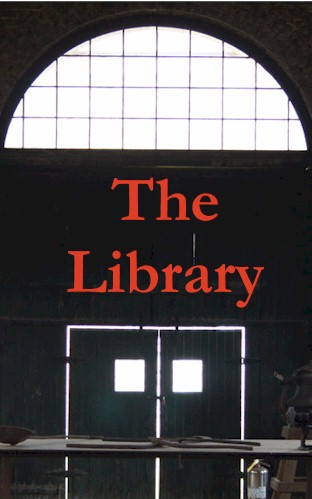Arn Ad-Emn is considered a heretic. Documents and an artifact he found on a remote archeological dig make him believe the ancestors of the people of Theia came from the stars. The people that inhabit the planet are not native life. He is wrong about them being interstellar travels, the truth is far stranger. With the aid of a geologist and a physicist, Arn tries to unravel the mystery of his ancestors origin. It might not be an easy task. There is the matter of a government assassin to deal with. And the technology he uncovered holds the potential to destroy the world he knows!
Requiem for Theia.
Requiem noun: 1. a mass for the dead; the origin: Middle English, from Latin – Merriam-Webster Dictionary

Time
Prae’sol is history, so it is said. I cannot change what happened in the past. Tare’sol will arrive, whether I am ready for it or not. The future is unpredictable. Em’sol, this sol, is the only sol that offers the opportunity to change our destiny. Often, it passes without our awareness of its significance. Looking back in regret is a sad exercise. In my humble existence, life only moves in one direction. I can only go forward.
One discipline of philosophy suggests that only the past and the present are real, as the events we remember and objects we can presently see are real. The future is not real because it represents only a potential reality, perhaps one of many. Time is no more than a method to mark the interval between those events leading us from the past reality into a nebulous future. On Theia, such a progression was immutable, or so I thought. It didn’t occur to me the future had already passed.
Arn
Until appearing before the House Council, I had led a most ordinary life. Prison changed that. It was not a pleasant experience. The accommodations were crude. The food was terrible. I will concede it was edible, barely. Once I was released, I realized my punishment had just begun. I was not selected for rehabilitation. I was exiled. I could have chosen to settle in one of the small settlements that bordered the nation-states to make my home. Yet, in that sphere, I would still be within reach of the authorities. I had reason to distrust their benevolence.
To this sol, it remains to be seen if such a decision was a mistake. Having crossed the borderlands west of Sul’uxor River, I came upon the dry, sparsely populated territory. The wastelands of Na’ Imssa would be my new home. How much urban civilized populations take for granted was immediately evident as I entered my new home. Music, art, and light at a touch are luxuries. Food, water, and shelter are essential. The lesson was driven home as I, Arn Ad-Emn, an expatriate of Shua’ Esh, studied the barren landscape—my new country as of Doh’ih’anaa, Ccil’ih’ahn ahn’sol’ccil, of solarus 3,156 CE. I was not the same person as the last time I stepped foot in Na’ Imssa on an expedition. I had left civilization behind.
Oddly, my first concern was not survival. I made a habit of jotting down my thoughts while alone in my cell. I chose to continue writing after my release. If fortune favored my efforts, and the gods of the ancients still watched this forlorn place, the intended journal of my existence would be longer than a single page. Cynically, I doubted anyone would care to read it. Only time will tell, I remember thinking—the past cannot foretell the future.
Past, present, and future are concepts our mind is comfortable with. However, a physicist would tell me the idea they are separate is only an illusion. In the past I stood before the committee. Perhaps in some other space-time dimension, I stand there, still, or in another dimension, I have yet to make my appearance. I hope those reflections of myself fare better than I did. In this world, I exist at a moment between the recent past and the inevitable future. In spite of philosophy and physics, I still cannot adequately define time. Somehow, it escapes me. Perhaps if I take note of the events, eventually, I might make sense of it all.

